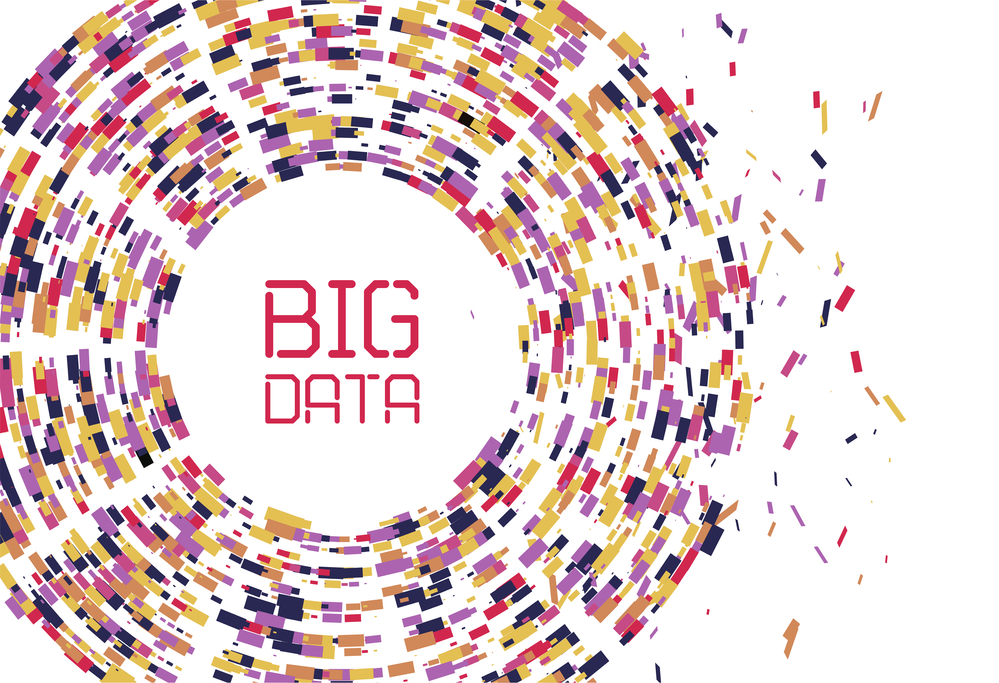Technologies like deep tech and big data are working with precision medicine to give us customized healthcare.
Big data in the medical field is helping experts see patterns in patient populations. Genetic data is helping them pinpoint root causes of many diseases like cancer.
This, in turn, is leading to R&D in deep tech, which is based on substantial scientific advances and high tech engineering innovation. Hence, every patient can now avail medication and treatment tailor-made for their condition, in other words, precision medicine.

Hunaid Hameed
Big data and deep learning is a hot field for AI research
Hunaid Hameed, a Data Scientist Trainee at Data Science Dojo told The Sociable:
“Big data and deep learning is a hot field for AI research. Most of the work done targets detection and identification done with the human eye using Convolutional Neural Networks.”
Deep learning is part of a wider family of machine learning methods based on artificial neural networks. In deep learning, a convolutional neural network (CNN, or ConvNet) is a type of deep neural network, most commonly implemented to analysis of visual imagery.
Like many sectors of today’s global stage, medicine and healthcare are getting a face lift, as they connect more and more with high technology.
Big Data
Big data predicts diseases, so that preventive plans can be implemented. If patients contract a disease, an accurate treatment plan based on previous data can be applied.
Read More: Machine learning will be able to predict diseases years before onset of symptoms
Keeping big data as the base, precision medicine benefits patients in disease prevention, early disease detection, and early disease treatment.
Hameed was engaged in a research conducted with the Civil hospital in Karachi, Pakistan for the identification of dermatological diseases in March of 2019. Data was collected from patients by taking pictures of these diseases.
A deep neural network was then used to classify these images, which achieved an accuracy of 86%.
“The ability of the model was comparable with human doctors,” says Hameed.
Deep Tech
Deep tech like Watson for oncology, an Artificial Intelligence (AI) program developed by IBM, provides optimal and individualized treatment options for patients. It does so using its vast medical database and the patient’s own unique medical and genetic information.
Watson has been introduced globally and used for actual diagnoses at several clinical centers. This is an example of modern medicine, where integration of technologies across multiple disciplines, such as genetics, genomics, big data, and deep learning is happening.
The Human Genome Project, which was launched in 1987, ensured that human genes and DNA sequences have been fully mapped out. Since human genes are akin to unique fingerprints, this project helps differentiate among individuals.
Read More: UW research into DNA storage backs up ancient shamanic knowledge
In a 2018 paper on precision medicine, the author says that in order to reap the benefits of genetic information, “it is essential to integrate big data, deep training, and bioinformatics, all of which contribute to making the connection between specific diseases and signatures.”
Apart from projects like Watson and the Human Genome Project, progress in robotics, stem cell therapy, bio ink, and creation of 3D printing tech enabled artificial tissue construction will change our future medical environment and culture.
Smart Medicine
While big data, deep training, and bioinformatics integrate to make connections between diseases and bio-signatures, smart medicines aid in health monitoring of the individuals. Thus, this creates a system that zeroes in on each individual’s health.
For instance, smart health options like Google Health and Microsoft Blot enable direct and real-time communication between health care providers and patients through the use of smart phones. This has resulted in more cooperative patient involvement in decision-making processes.
Watch Out for Bias
Potential for bias to enter the system is a possibility. Evidence shows that use of algorithms can worsen disparities currently intrinsic to the contemporary healthcare system.
Hameed’s team faced this problem during their research in documenting diseases, since some diseases, such as psoriasis, are spread all over the body and have a high number of images. Others, such as fungal infections (tinea), occur very frequently.
“Bias in AI can be developed due to an uneven distribution between classes. We had to strike a balance between the classes to make them even. Otherwise, the model was always highly inclined to detect psoriasis due to its higher frequency. The balance was achieved with weighted penalties,” he says.
Global Presence of Precision Medicine
According to Deloitte’s 2019 Global life sciences outlook, the global personalized medicine market is expected to rise to more than 11% CAGR for the period 2017–2024, with the help of advances in health care analytics, AI, and blockchain.
China expects a major investment into the precision medicine sector by 2030. During the fourth Chinese Healthcare Industry Upgrade Summit held in July in Beijing, Liu Zhenzhen, co-founder of OrigiMed, a Shanghai-based molecular diagnostic information provider, said that for biopharmaceutical companies, precision medicine cuts the average drug R&D period from 10 to 12 years to three to five years.
It is essential to integrate big data, deep training, and bioinformatics, all of which contribute to making the connection between specific diseases and signatures
In 2015, the US National Institutes of Health (NIH) introduced the Precision Medicine Initiative and invested more than $200 million to speed up biomedical research and provide clinicians with new tools for selecting personalized therapies.
This August, the Pittsburgh Health Data Alliance (PHDA) announced a machine learning research sponsorship from Amazon Web Services (AWS). The initiative aims to advance innovation in areas such as cancer diagnostics, precision medicine, voice-enabled technologies, and medical imaging.
Precision medicine bids the one-size-fits-all model of medicine goodbye and heralds the innovative approach of taking into account each individual’s different characteristics, such as genetic profile, environment, and lifestyle.












